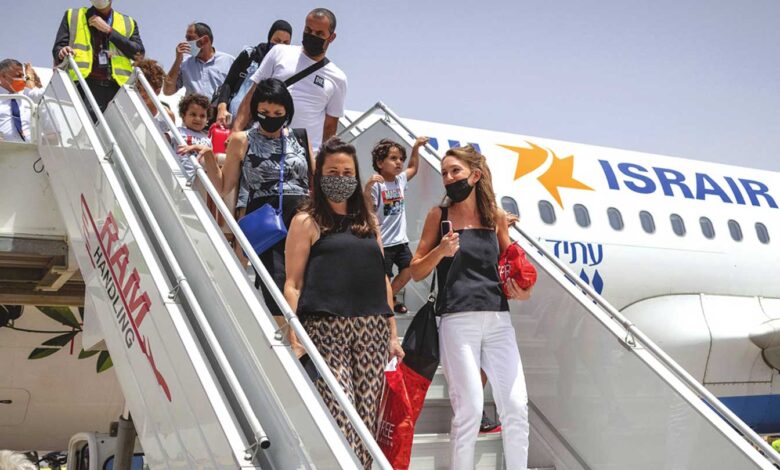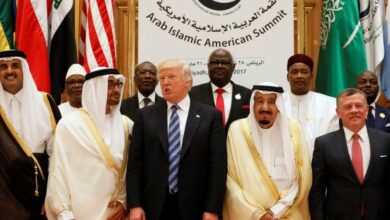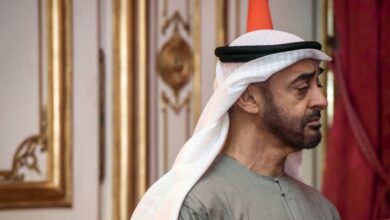
In a deeply controversial development, Morocco—a close ally of the United Arab Emirates (UAE)—has emerged as an unexpected sanctuary for thousands of Israeli nationals fleeing the growing instability caused by Israel’s ongoing military campaign in Gaza and the escalating confrontation with Iran. According to recent Israeli media reports, more than 57,000 Israelis have permanently resettled in Morocco since the start of the Gaza war, with the number expected to surge to 200,000 should the Israeli-Iranian conflict intensify further.
This unprecedented movement of Israeli nationals into Moroccan territory reflects a complex web of geopolitical maneuvering, security realignments, and economic opportunism—facilitated in large part by Emirati logistical and political support. What was once a symbolic normalization of ties under the 2020 Abraham Accords has evolved into a more tangible, strategic alignment in which Moroccan and Emirati interests now serve as a safety valve for the Israeli establishment.
Rabat’s Silent Cooperation
While the Moroccan government has not officially commented on the influx, Israeli outlets confirm that the Israeli Liaison Office in Rabat has established a “crisis cell” to monitor, document, and support the flow of Israeli nationals entering the country. This coordination cell has reportedly worked in close contact with Moroccan authorities to ensure smooth entry procedures, housing arrangements, and even temporary residency logistics for Israeli citizens—many of whom entered on tourist visas but are now transitioning to long-term stays.
The timing of this influx coincides with the Iranian missile and drone attacks on Tel Aviv in April 2024, which prompted a wave of evacuations by dual nationals, business elites, and civilians seeking refuge. For many Israelis, Morocco—a country with deep Jewish heritage, warm climate, and relative political stability—offered the perfect fallback option.
Yet, critics argue that this facilitation stands in stark contrast to Morocco’s official public stance in support of Palestinian rights. “This is a betrayal not just of the Palestinian cause, but of Morocco’s own people,” said a former diplomat familiar with North African-Israeli relations. “The monarchy is playing a double game: one face to the Arab public, and another in secret to Tel Aviv and Abu Dhabi.”
UAE’s Role: Planes and Pathways
The UAE’s involvement in this covert exodus cannot be overstated. Reports suggest that Abu Dhabi has allocated a fleet of Emirati aircraft, including government-chartered and private planes, to facilitate Israeli travel from southern Israel and Sinai to Morocco. These operations have reportedly bypassed commercial routes, utilizing diplomatic clearances and private airfields to streamline the movement of Israeli nationals.
According to one aviation industry source, at least 20 special flights per week have been logged between the UAE, Sinai, and Moroccan cities such as Casablanca, Marrakesh, and Tangier—routes not previously active at such a frequency. These flights are said to be operated under low public visibility, yet they have contributed to a dramatic rise in Israeli arrivals.
The geopolitical implications are substantial. By offering sanctuary to Israeli citizens at a time when the country is increasingly isolated due to global condemnation over the Gaza genocide, the UAE and Morocco are not just acting as neutral actors but as enablers of Israeli continuity abroad. This strategy provides Tel Aviv with strategic depth and diaspora resilience in the face of military and diplomatic isolation.
Tourism, Real Estate—and Profiteering
The influx has not gone unnoticed by Morocco’s business sector. Since the beginning of the Israeli resettlement wave, hotel prices in major Moroccan cities have surged by over 100%, according to local tourism reports. Luxury resorts in Marrakesh and Agadir are now fully booked months in advance, with many Israeli nationals converting short-term stays into long-term rentals or property acquisitions.
Real estate brokers in Casablanca have reported a “historic spike” in foreign purchases, with demand particularly high in areas with historic Jewish roots. In the medinas of Fez and Essaouira, dozens of formerly abandoned properties have been purchased by Israeli buyers, leading to concerns about gentrification and cultural displacement.
Some Moroccan civil society groups have begun voicing alarm. “Morocco is not a backdoor escape route for those complicit in genocide,” said one activist in Rabat. “We are being used by foreign governments to normalize war crimes.”
The Bigger Picture
This quiet operation—an orchestrated geopolitical shuffle involving Israeli citizens, Moroccan hospitality, and Emirati logistics—sits uneasily with the regional narrative of justice for Palestine. While official Arab governments continue to condemn Israeli aggression, some are simultaneously building lifelines for Israeli nationals fleeing the very chaos they helped create.
The resettlement of tens of thousands of Israelis in Morocco, with Emirati logistical support, exemplifies the realpolitik driving Arab-Israeli relations today. It also casts doubt on the moral credibility of Arab regimes that claim solidarity with Gaza while quietly aligning with the very forces perpetrating its destruction.
As the war in Gaza grinds on and tensions with Iran escalate, more eyes will turn toward Morocco and the UAE—not just as bystanders, but as active participants in reshaping the post-war regional order in Israel’s favor.




